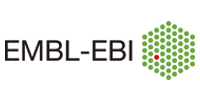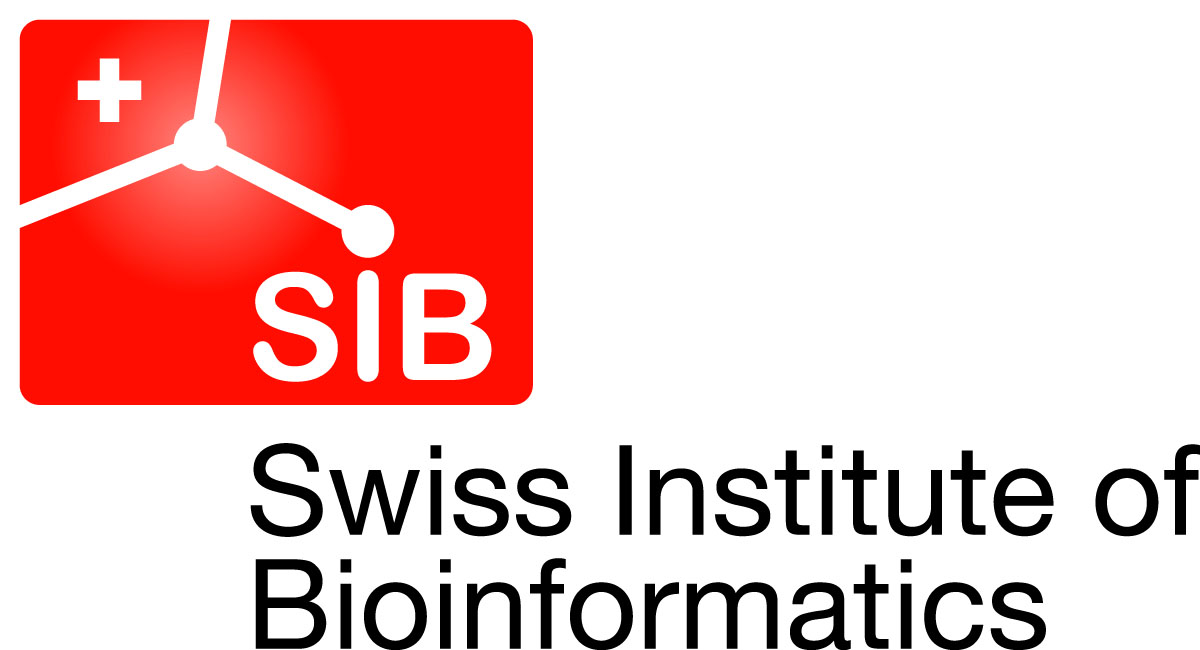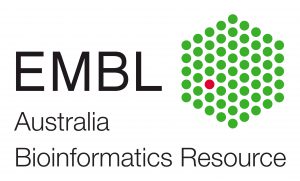Search results
-
Tutorial, Training materials, Bioinformatics
How to use REPET software for de novo annotation of transposable elements in genomes
• beginnerGenomics Structural variation Bioinformatics Genome annotation Sequence classification Transposons Annotation Pipelines Docker -
SV-Autopilot: the new face of Structural Variant Detection
Ngs bioinformatics Structural variations
-
A Critical Guide to the PDB
Database management Introduction bioinformatics Introduction pdb Protein structure analysis Protein structure databases Protein structures
-
Course materials
Structural bioinformatics

-
e-learning
Structural volume data
Electron microscopy Protein structure analysis Structural biology Structural bioinformatics Segmentation Volume matching
-
Bioinformatics Introductory Module
Bioinformatics Genome browsing Genomics Protein structure
-
Bioinformatics: Gene-protein-structure-function
Expert systems Genequiz Protein family characterisation Protein family databases Protein sequence analysis Psi blast
-
Course materials
CCPBioSim workshop: structural bioinformatics resources and tools for molecular dynamics simulations

-
Book
Bioinformática con Ñ
Bioinformatics Systems biology introduction to bioinformatics structural biology biomolecular databases phylogenetics Programming Sequence Analysis DNA RNA Virtual Screening … -
Recorded webinar
Introductory bioinformatics Q&A session: proteins and structures
Bioinformatics
-
High-Throughput Biology 2017 Module 5-Structural Variant Calling
-
course materials
Learning structural bioinformatics and evolution with a snake puzzle
•• intermediateBioinformatics Evolutionary biology Molecular biology Protein structure analysis -
e-learning
PDBeFold: Searching for structural homologues of a protein
Structural biology Structural homologues Structure alignments Structural comparison PDBe
-
Informatics on High-Throughput Sequencing Data 2017 Module 5-Structural Variant Calling
-
Basic bioinformatics and HOPE
Disease causing mutation Predicting effect mutation protein function Predicting effect mutation structure
-
Informatics on High-Throughput Sequencing Data 2018 Module 5-Structural Variant Calling
-
STAO 2014 Understanding a genetic disease thanks to Bioinformatics
Blast Genome browsing Introduction bioinformatics Protein structure visualisation Variant detection
-
Using Bioinformatics to Understand Genetic Diseases: A Practical Guide
Basic bioinformatics Bioinformatics schools Gene finding Genetic mutation Insulin structure Sequence alignment Sequence database searching Training material
-
Parsing data records using Python programming
Bioinformatics Programming Python Python biologists Record parsing
-
ViralZone and the Revolution in 3D Virus Structure
 • beginnerinfectious disease medicine and health services and resources training alan bridge group
• beginnerinfectious disease medicine and health services and resources training alan bridge group -
e-learning
PDBePISA: Identifying and interpreting the likely biological assemblies of a protein structure
Structure prediction Protein structure analysis Quaternary structure Macromolecular interfaces PDBe Macromolecular structures
-
Slides
Navigating Licensing in Bioinformatics: Software and Data Perspectives
Bioinformatics Software engineering Licensing Data Software
-
ucdavis-bioinformatics-training/2020-Variant_Analysis_Workshop
Sequencing Variant pattern analysis Next generation sequencing Variant analysis
-
lessons
The main concepts - Understanding structure
• beginnerFAIR data Bioinformatics Biodiversity FAIR Data FAIR Data, Workflows, and Research Taxonomy Scientific publications -
WEBINAR: AlphaFold: what's in it for me?
Bioinformatics Machine Learning Structural Biology Proteins Drug discovery AlphaFold AI Artificial Intelligence Deep learning
-
Recorded webinar
Bioinformatics sequence analysis web services with Job Dispatcher
Software engineering
-
Training materials
Using bioinformatics to hunt SARS-CoV-2, its variants & its origins – a practical guide
 • beginnerBioinformatics for schools, basic bioinformatics, SARS-CoV-2 pandemic, genome analysis, protein sequence analysis, protein structure analysis, virus variants, spike protein, training material
• beginnerBioinformatics for schools, basic bioinformatics, SARS-CoV-2 pandemic, genome analysis, protein sequence analysis, protein structure analysis, virus variants, spike protein, training material -
EMBL-EBI Train Online
Bioinformatics Chemical biology Cross domain Dna rna Gene expression Literature Ontologies Proteins Structures Systems
-
Jupyter notebooks
Gentle hands-on introduction to Python programming
 • beginnerSoftware engineering Python programming
• beginnerSoftware engineering Python programming -
Recorded webinar
How to interpret AlphaFold structures
Structural biology Structure analysis
-

GOBLET
GOBLET, the Global Organisation for Bioinformatics Learning, Education and Training, is a legally registered foundation providing a global, sustainable support and networking structure for bioinformatics educators/trainers and students/trainees.
110 training materials0 events (1 past event)GOBLET http://www.mygoblet.org https://tess.elixir-europe.org/content_providers/goblet GOBLET, the Global Organisation for Bioinformatics Learning, Education and Training, is a legally registered foundation providing a global, sustainable support and networking structure for bioinformatics educators/trainers and students/trainees. /system/content_providers/images/000/000/004/original/logo_goblet_trans.png?1469458222 -

EMBL-ABR
EMBL Australia Bioinformatics Resource (EMBL-ABR) is a distributed national research infrastructure providing bioinformatics support to life science researchers in Australia.
EMBL-ABR aims to:- increase Australia’s capacity to collect, integrate, analyse, exploit, share and archive the...
9 training materials0 events (193 past events)EMBL-ABR https://www.embl-abr.org.au/ https://tess.elixir-europe.org/content_providers/embl-abr EMBL Australia Bioinformatics Resource (EMBL-ABR) is a distributed national research infrastructure providing bioinformatics support to life science researchers in Australia. EMBL-ABR aims to: 1. increase Australia’s capacity to collect, integrate, analyse, exploit, share and archive the large heterogeneous data sets now part of modern life sciences research 2. contribute to the development of and provide training in data, tools and platforms to enable Australia’s life science researchers to undertake research in the age of big data 3. showcase Australian research and datasets at an international level 4. enable engagement in international programs that create, deploy and develop best practice approaches to data management, software tools and methods, computational platforms and bioinformatics services. EMBL-ABR is structured as a hub/nodes model, with the Hub located at Melbourne Bioinformatics (formerly VLSCI), University of Melbourne. EMBL-ABR is also currently exploring engagement with the European infrastructure for biological information, ELIXIR, and other relevant international efforts. One of EMBL-ABR Key areas is TRAINING, and as such we are involved in diverse projects relevant for bioinformatics training in Australia, with a current focus on Open Science and Bioinformatics. /system/content_providers/images/000/000/072/original/embl-australia-logo-colour-FIN-e1462860151765.jpg?1488905402
